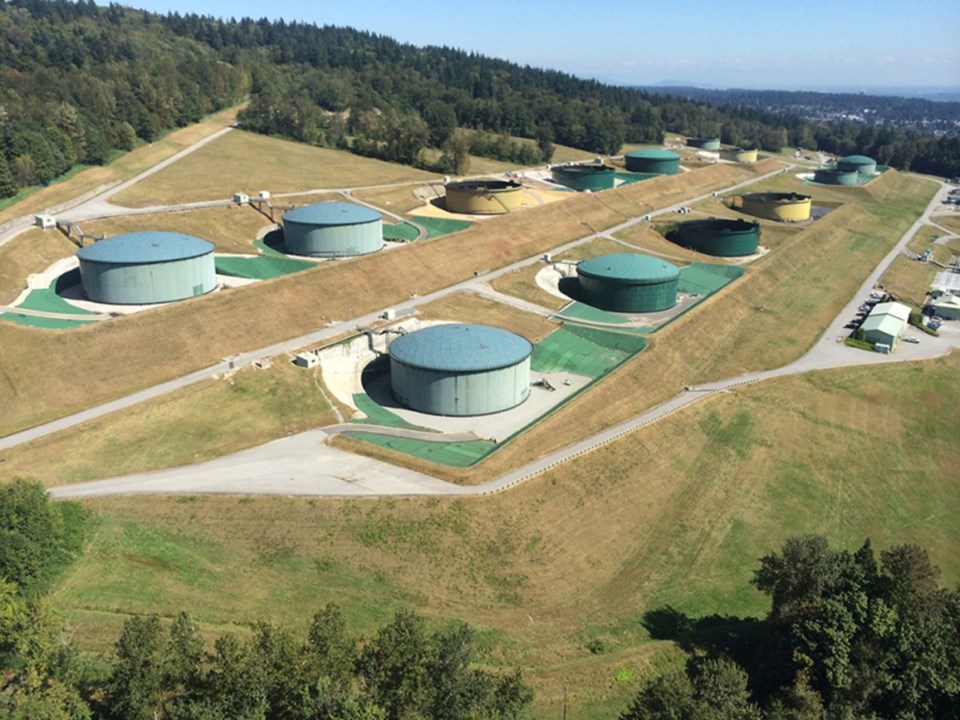While Prime Minister Justin Trudeau understandably took the lead in announcing his government was approving the Trans Mountain pipeline yet again, the individuals who may be key to getting the project over the finish line were not even in the room.
I’m referring to the First Nations leaders who are trying to purchase a major equity stake in the pipeline. Several consortiums composed of dozens of First Nations across western Canada are gaining momentum in their attempts to either partner with the federal government in operating the pipeline or even owning it outright.
The Iron Coalition, based in Alberta, is rivalling with Project Reconciliation (which includes First Nations from all four western provinces) to buy some or part of the pipeline. There is also the Indian Resources Council, which represents more than 100 First Nations that have oil or gas operations within their traditional territories, and it too has expressed serious interest in purchasing an equity stake.
These bids appear to be well along the path when it comes to securing financing and have to be taken seriously. Trudeau himself, in his remarks announcing the pipeline approval, said his government was seeking input from Indigenous groups about sharing in the benefits of the project.
“And when it comes to potential Indigenous buy-in, we’re not putting a limit on it,” Trudeau said. “Indigenous ownership in Trans Mountain Corporation could be 25 per cent, 50 percent or even 100 per cent.”
If Indigenous ownership of the pipeline, even if it is only a minority equity stake, actually becomes a reality, it will be a proverbial game-changer in the heated debate over the pipeline project.
Anti-pipeline activists would find it very difficult to take on a consortium of dozens of First Nations who want to build a pipeline to help deliver economic salvation to their communities, many of which suffer from grinding poverty.
A campaign against a First Nations-owned pipeline would essentially be fighting against their self-determination, which is something so many environmental activists consider sacrosanct. Such a campaign could also inflict economic harm on First Nations who stand to benefit to the tune of hundreds of millions of dollars when it comes to economic benefits flowing from that pipeline.
Finally, having First Nations as a business partner would provide a tremendous boost to the federal Liberal government’s efforts to manage this file.
Trudeau’s approval of the pipeline was deftly tied to a pledge to spend corporation tax revenues from the project to invest in clean energy projects. The annual $500-million revenues would be a huge investment in non-fossil fuel energy projects, and represent the kind of trade-off likely necessary in fighting climate change while at the same time recognizing the reality of our current energy situation.
The prime minister’s plan represents a delicate compromise: accept the continued use of fossil fuels for a limited period, but use the money made on its export on reducing greenhouse gas emissions to a significant degree.
Trudeau’s messaging at his announcement was clearly tied to the looming fall federal election. He is obviously betting most voters favour fighting climate change by using tools such as a carbon tax, and that those same voters have no interest in shutting down pipelines.
This balancing act differs from his opponents’ approaches. The Conservatives reject a carbon tax outright, while the NDP and the Greens are trying to outdo each other on pushing for aggressive and immediate action in taking on climate change.
Critics may say he is trying to have it both ways – fighting climate change while expanding fossil fuel use – but Trudeau appears confident his position will find the sweet spot with voters in ways his opponents’ “edgier” positions will not.
Certainly, polls in recent years consistently show that a healthy majority (about 60 per cent) of British Columbians favor the Trans Mountain project, and a tiny minority of less than 20 per cent strongly oppose it.
However, to mute the inevitably loud and disruptive protests against the pipeline’s construction, the Liberals would be wise to secure the support of one of those First Nations consortiums. That would be a game-change like no other.
Keith Baldrey is chief political reporter for Global BC. [email protected]



